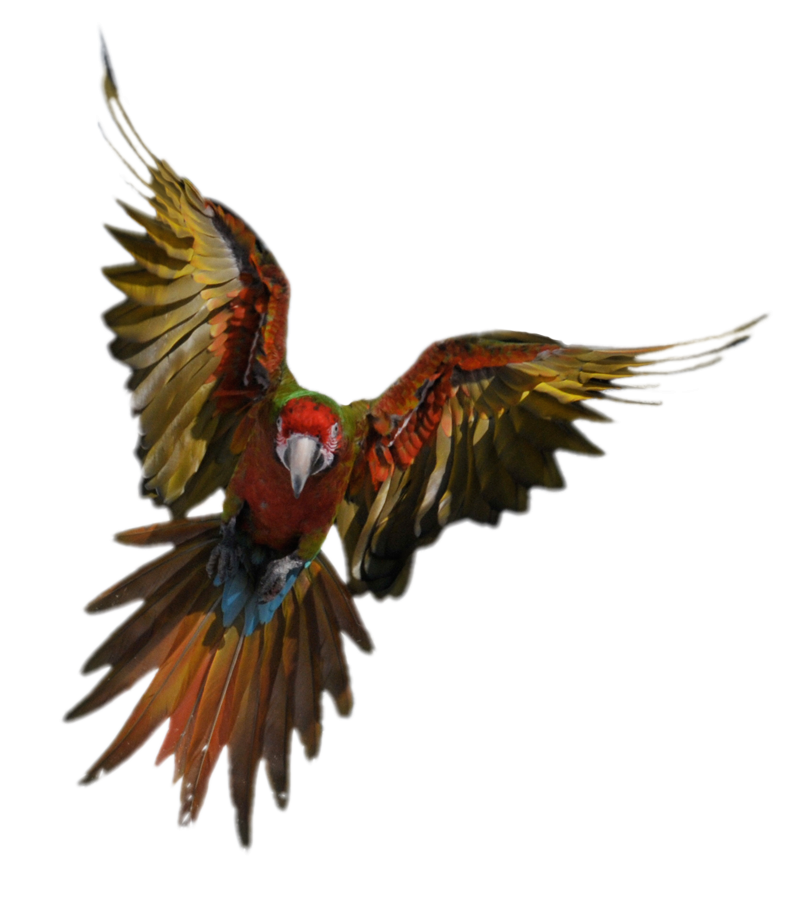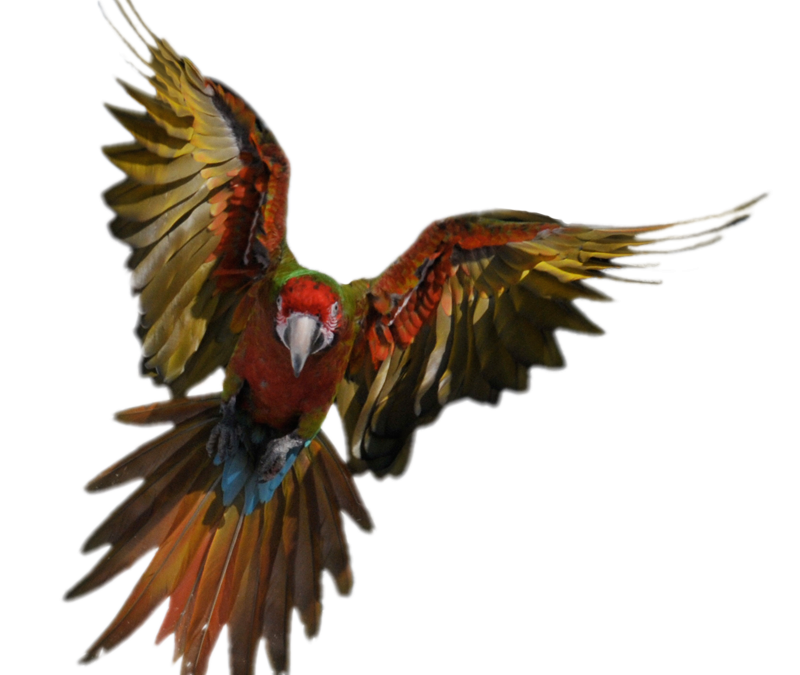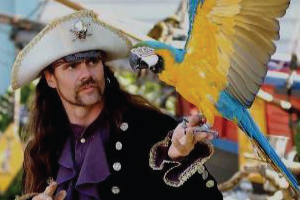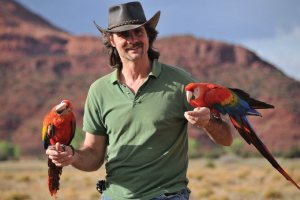
Variable or Differential Reinforcement?
Should A Variable Schedule of Reinforcement Be Used?
Written by Chris Biro, Copyright 2008
The Question: “As advised by a friend of mine who trains dolphins and killer whales, I’m now using variable reinforcement so she does not get a seed every single time she comes to me. I’m hoping this is the right thing to do. Can anyone verify that?”
Actually I think it all depends on the behavior you are working on building. During the training phase I ALWAYS give a reinforcer for EVERY correct performance. But what is a correct performance? That depends entirely on the element of the behavior you are currently working on.
Flying to you is a very broad definition. Do you mean flying to you when called? Immediately flying toward you when called? And just how long is too long of a delay before the bird flies to you when called? If you are in fact working on a quick response to recall, then where you are in this will determine what is the “correct” behavior. Every correct behavior should be reinforced with a treat. The only performances that should occasionally not get reinforced are the behaviors that are only ‘close’ to your criteria standard but not actually reaching the criteria standard. And the only behaviors that should never be reinforced are those behaviors that are way below your standard – even this is not absolute because sometimes we need to back up a few steps or relax a previous criteria to get another started. And all of this should mean that the bird is being reinforced for about 8 out of 10 (4 of 5) responses. From an observer’s view, this could look like a variable schedule but really it is basic differential reinforcement – the selective reinforcement of one aspect of a behavior pattern to the exclusion of other aspects. The reinforcement schedule is not actually being varied – rarely do animal trainers train with such precise record keeping to actually use a variable schedule.
If the animal trainer is in fact not reinforcing every correct performance, it is usually technically more correct to label this as “intermittent schedule of reinforcement” rather than a variable schedule or variable ratio. A variable schedule involves a precisely determined schedule that is varied by some set formula. I have yet to meet an animal trainer that does anything even remotely close to this. Likewise, people often incorrectly refer to “variable ratio” which means the reinforcement is handed out on a precisely varied ratio. Intermittent reinforcement simply means the reinforcements are not on a set schedule or ratio and usually best fits what a few animal trainers use when not using a click = treat (1:1 ratio of reinforcement).
So to answer your question directly, I believe that when training a behavior it is important to offer a seed every time the bird does the behavior correctly. Once the behavior is fully trained, then you can start relaxing the rate of reinforcement to a point that will continue to produce adequate response levels.
Chris Biro
Resources and More
The Pirate's Parrot Show
An educationally based pirate-themed parrot show performing at state and county fairs since 1991. The Pirate’s Parrot Show is a Fun, Educational, and Interactive experience for all ages and cultures.
Bird Recovery International
One in every eight bird species in the world today is in danger of extinction and these numbers are increasing! Find out how this non-profit organization started by Chris Biro can help save and protect parrots and other birds.
Podcasts with Chris Biro
An Alternate Perspective – Enjoy these audio Podcasts of Chris with guests discussing the nature of training flighted birds. The discussions are intended to be loosely structured around a general topic.
Email Us
chris@libertywings.com
Call Us
(206) 618-2610
Contact Us
By Using the Contact Form





Article Comments